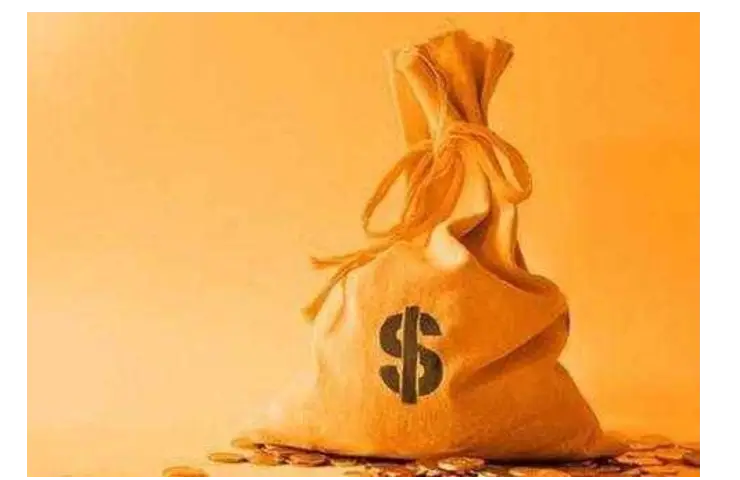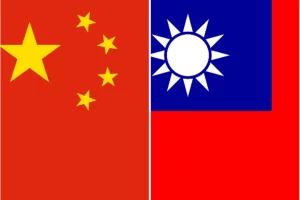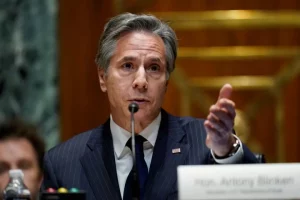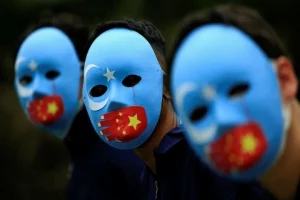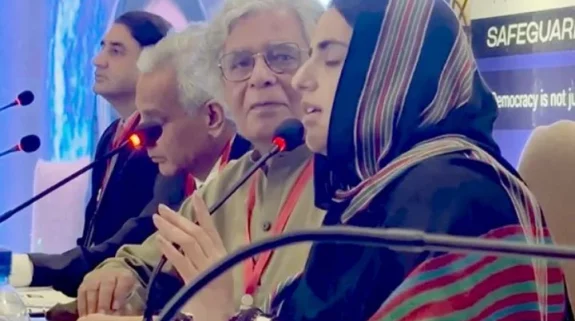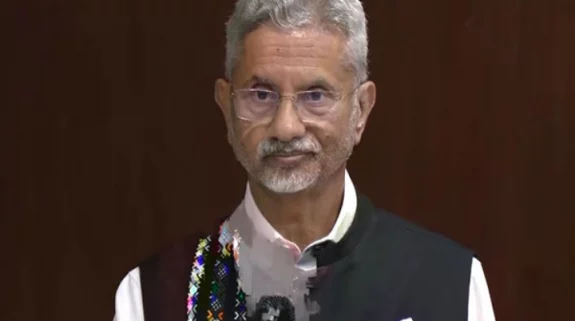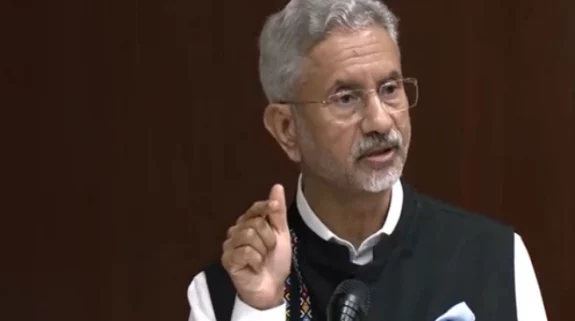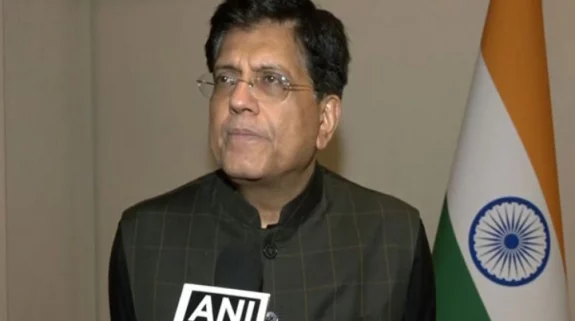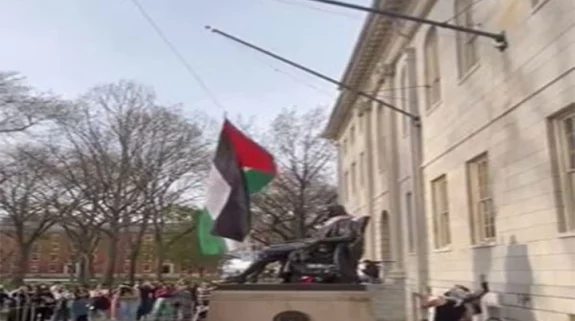A whopping amount of $385 billion given by China to a host of countries under its multi trillion Belt and Road Initiative has been deftly managed and structured so that it doesn’t get accounted by the World Bank and IMF a report by US-based AidData has revealed.
Nikkei Asia also said that the recently released report claimed that a large chunk of “Chinese development financing in Pakistan is composed of expensive loans.”
The high level of debt has left many governments worried, especially as the global economy took an unprecedented hit due to the Covid 19 pandemic.
Also read: Can China's debt ridden local govts rescue the falling real estate giant, Evergrande?
South China Morning Post said that AidData also noted that China spent an average $85.4 billion annually in the five years after the ambitious BRI, “far outpacing the US at $37 billion a year.”
China’, the largest global creditor today, has extended loans to more than 150 countries in the last two decades without publishing any official data on the quantum or the lending pattern.
While economic uncertainty now looms large in several countries such as Zambia, Djibouti, Republic of Congo, Maldives, Tonga, Laos, Pakistan and Kyrgyzstan leading to questions on repayment, the regular disruptions and delays in project execution have hit Beijing. The increase in cost of the project, spanning across 70 countries, has already led to a surge in the debt to GDP ratio of several countries.
Also read: After Gwadar, China sets its eyes on Karachi port to control regional trade
“Given the opacity of China’s BRI initiative and its open-ended timeline, impact analysis of the initiative is a challenge,” a report by Moody’s Analytics in 2019 said, much before the world had to grapple with the unprecedented economic and health crisis induced by the Coronavirus.
The country has also refrained from joining the Paris Club– an informal group of creditor nations with the aim to strike workable repayment solutions. Beijing is not part of the Organisation for Economic Co-operation and Development (OECD) either. Both Paris Club and OECD maintain loan records of official creditors.






